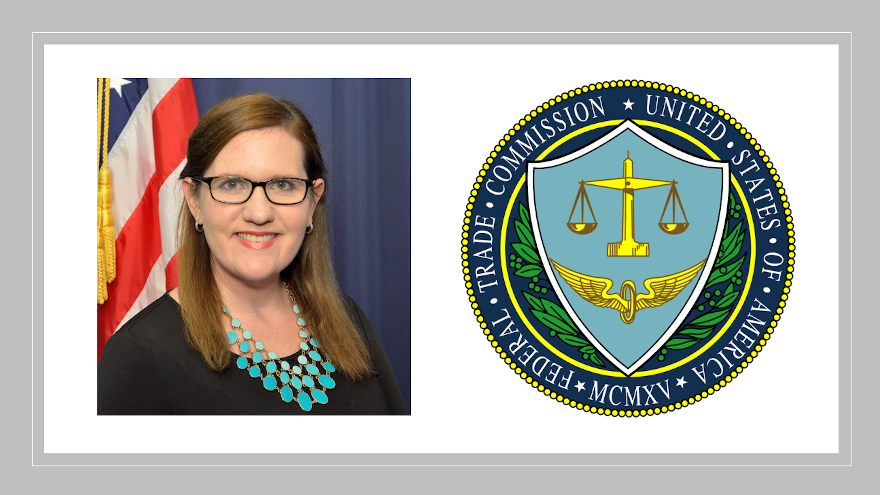Acting FTC chair outlines new rulemaking group

Rebecca Kelly Slaughter is the acting chair of the Federal Trade Commission. Images courtesy of the FTC.
By subscribing, you agree to receive communications from Auto Remarketing and our partners in accordance with our Privacy Policy. We may share your information with select partners and sponsors who may contact you about their products and services. You may unsubscribe at any time.
WASHINGTON, D.C. –
The acting leader of the Federal Trade Commission isn’t sitting idle, either, putting actions into motion similar to her counterpart at the Consumer Financial Protection Bureau.
Last week, chairwoman Rebecca Kelly Slaughter announced the creation of a new rulemaking group within the FTC’s Office of the General Counsel. According to a news release, the regulator explained the new structure will allow the FTC to take a strategic and harmonized approach to rulemaking across its different authorities and mission areas.
With this new group in place, the FTC indicated it is poised to strengthen existing rules and to undertake new rulemakings to prohibit unfair or deceptive practices and unfair methods of competition.
Especially given the risk that the Supreme Court substantially curtails the FTC’s ability to seek consumer redress under section 13(b), Slaughter pointed ou that rulemaking is a critical part of the FTC’s toolbox to stop widespread consumer harm and to promote robust competition.
“I believe that we can and must use our rulemaking authority to deliver effective deterrence for the novel harms of the digital economy and persistent old scams alike. Our rulemaking power under section 18 has gotten a bad reputation for being too hard to use, but longstanding FTC rules, such as the Funeral Rule and the Eyeglass Rule, have provided significant benefits to consumers,” Slaughter said in the news release.
“It is also time for the commission to activate its unfair methods of competition rulemaking authority in our increasingly concentrated economy, and I am excited for this new rulemaking group to explore all the possibilities,” she continued.
Subscribe to Auto Remarketing to stay informed and stay ahead.
By subscribing, you agree to receive communications from Auto Remarketing and our partners in accordance with our Privacy Policy. We may share your information with select partners and sponsors who may contact you about their products and services. You may unsubscribe at any time.
The FTC emphasized that “clear” rules provide a roadmap for “honest” businesses to comply with the law and better protection for consumers and workers against “bad actors.”
“They also lead to substantial market-wide deterrence due to significant civil penalties for rulebreakers,” the FTC added.
The FTC currently has dozens of active rules that protect consumers and promote competition in the markets every day, including the Funeral Rule, adopted in 1984, the Eyeglass Rule, adopted in 1978, and the Credit Practices Rule, adopted in 1984, among others.
Currently, rulemaking within the FTC mentioned is decentralized, with individual bureaus and divisions responsible for particular rules. In recent decades, most rulemaking activity has been periodic review of existing rules.
“The new structure will aid the planning, development, and execution of rulemaking — especially new rulemakings — in turn making the commission’s work more efficient and potent,” the regulator said.
The FTC’s move arrived after CFPB acting director Dave Uejio announced the bureau rescinded an abusiveness policy statement as well as clarified a rule prohibiting discrimination based on sexual orientation and gender identity.


